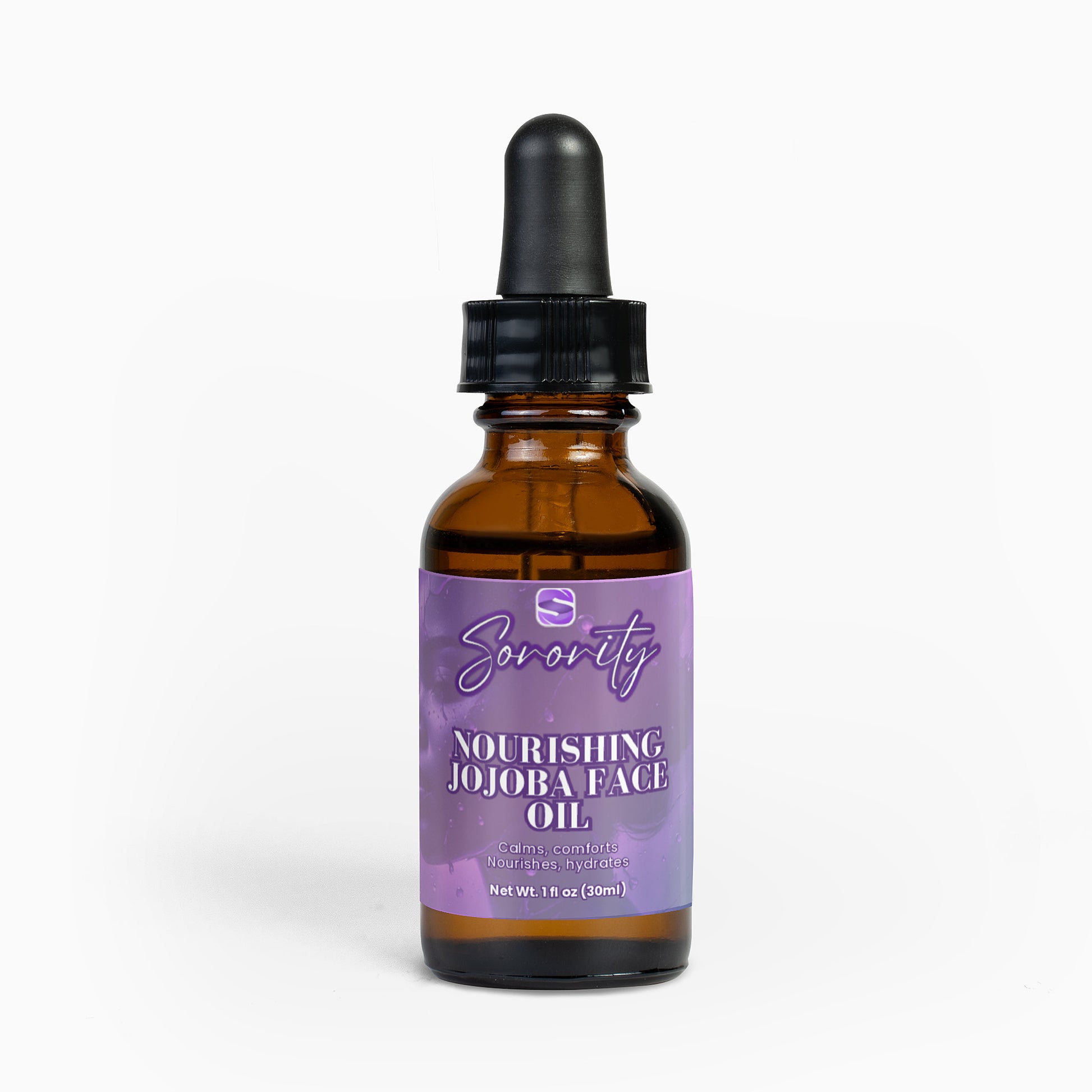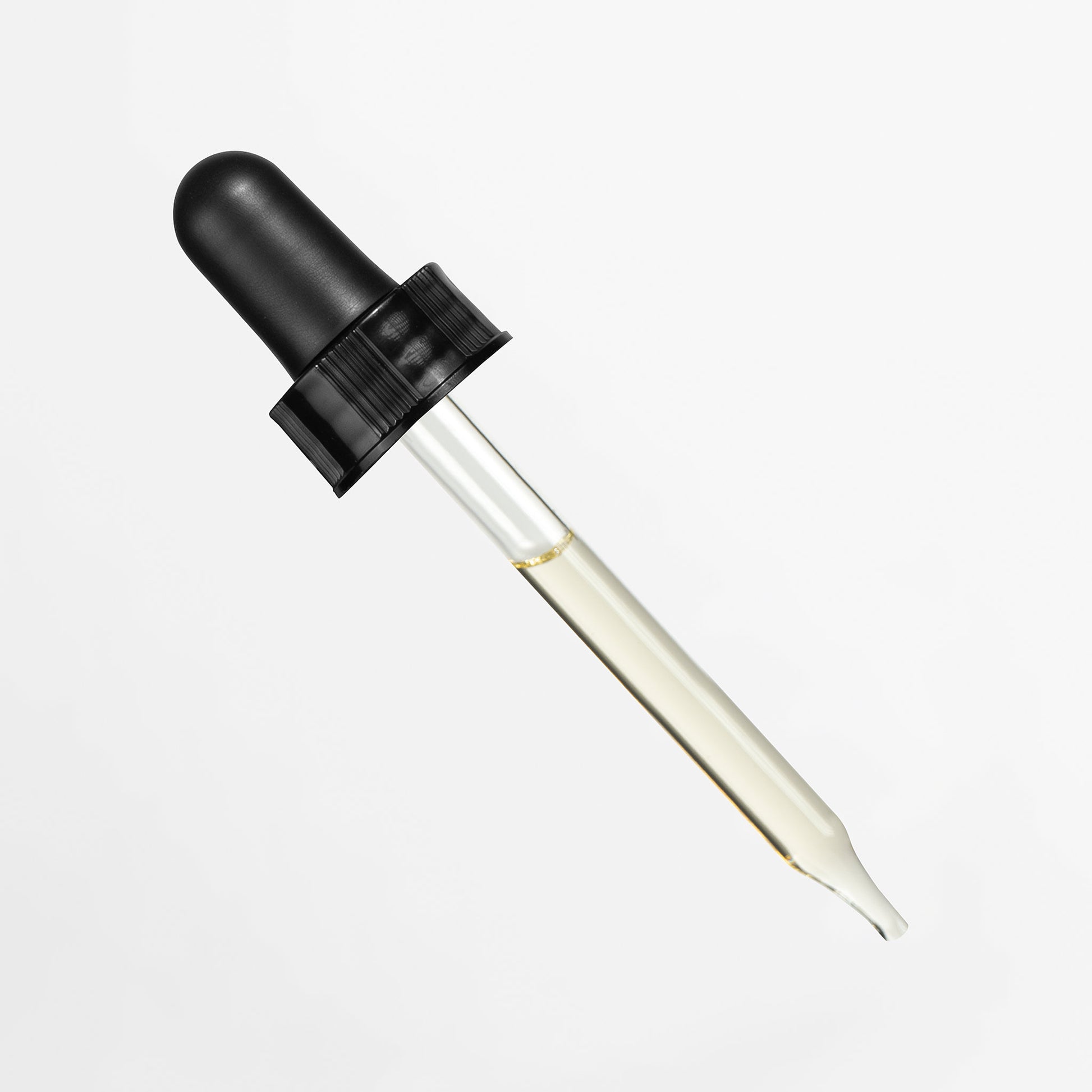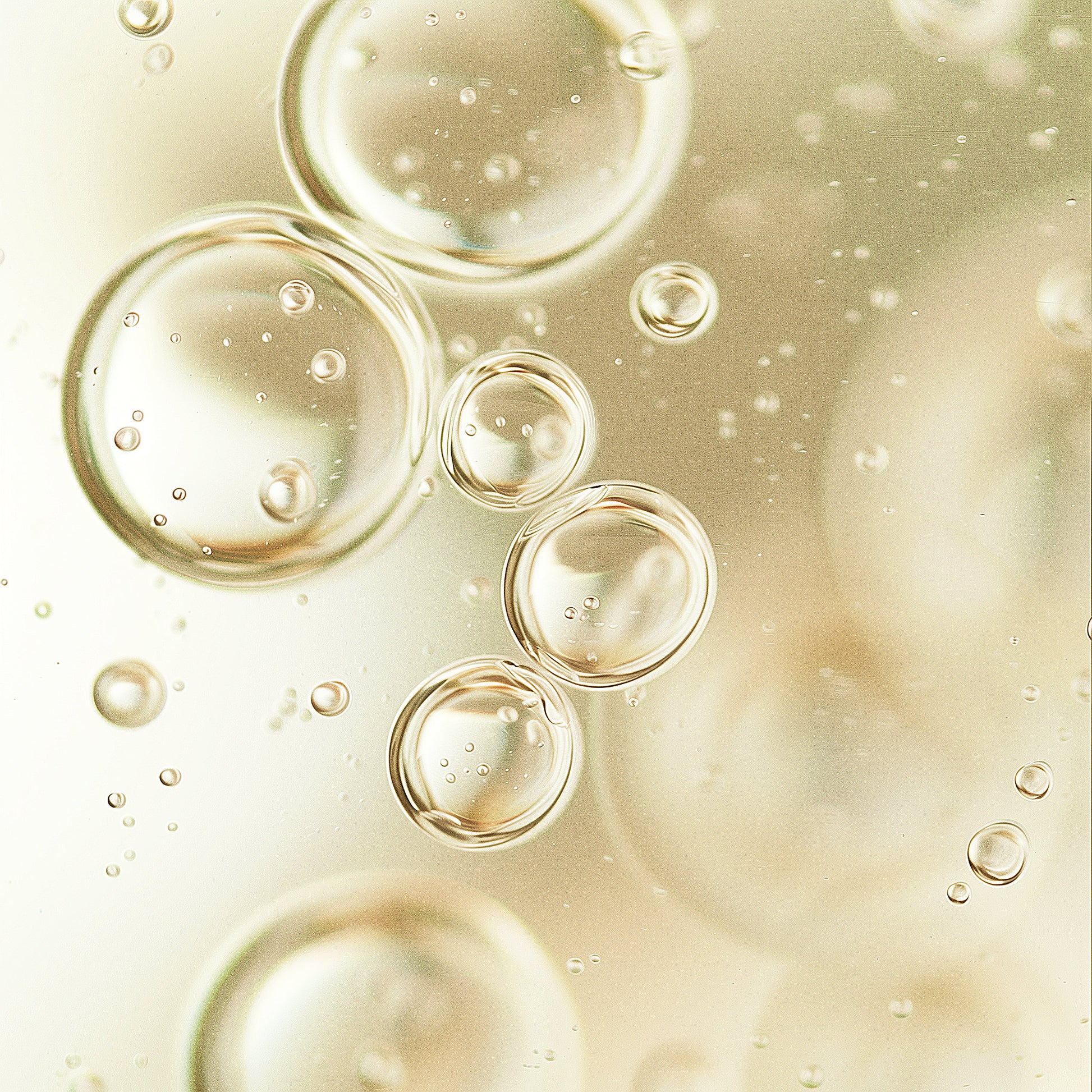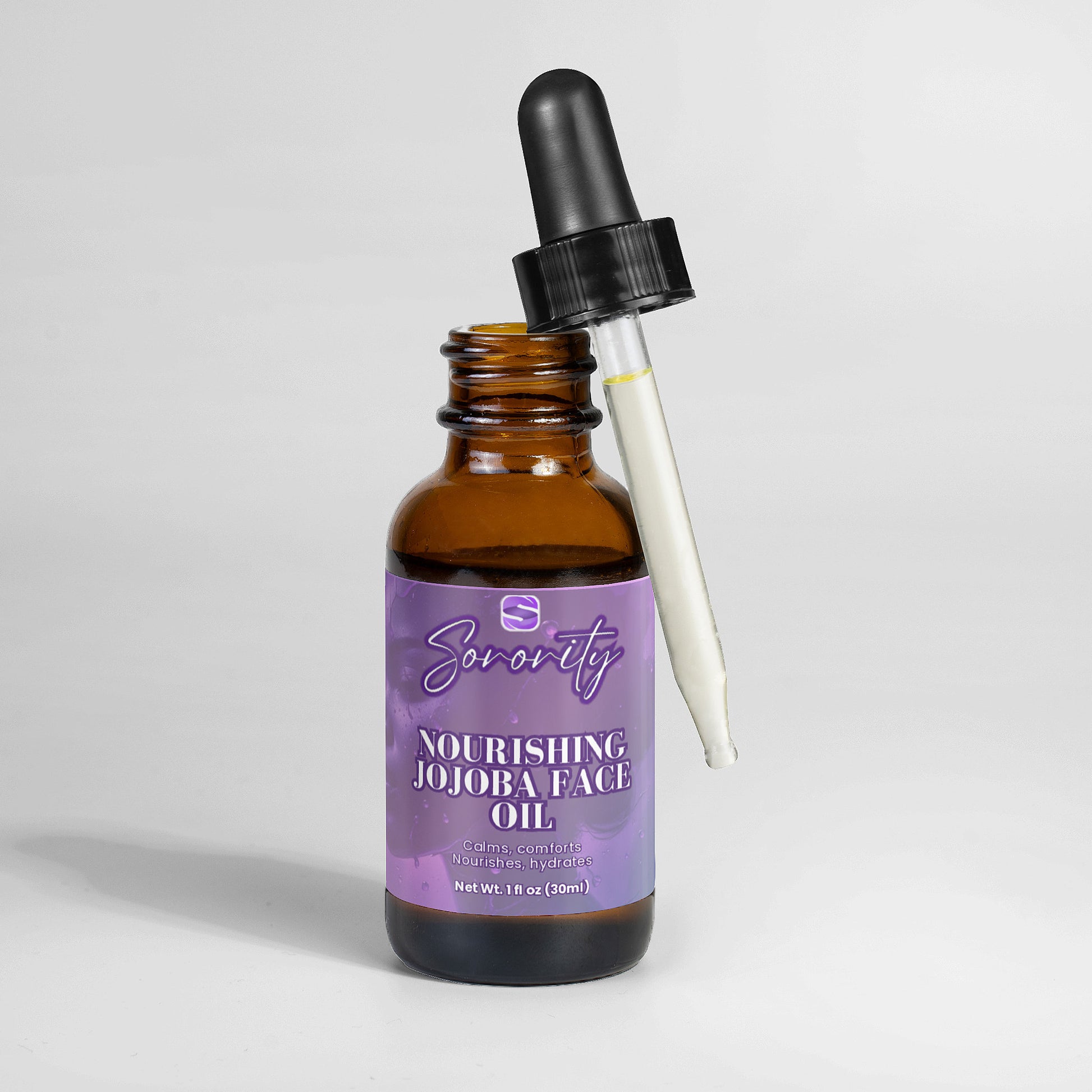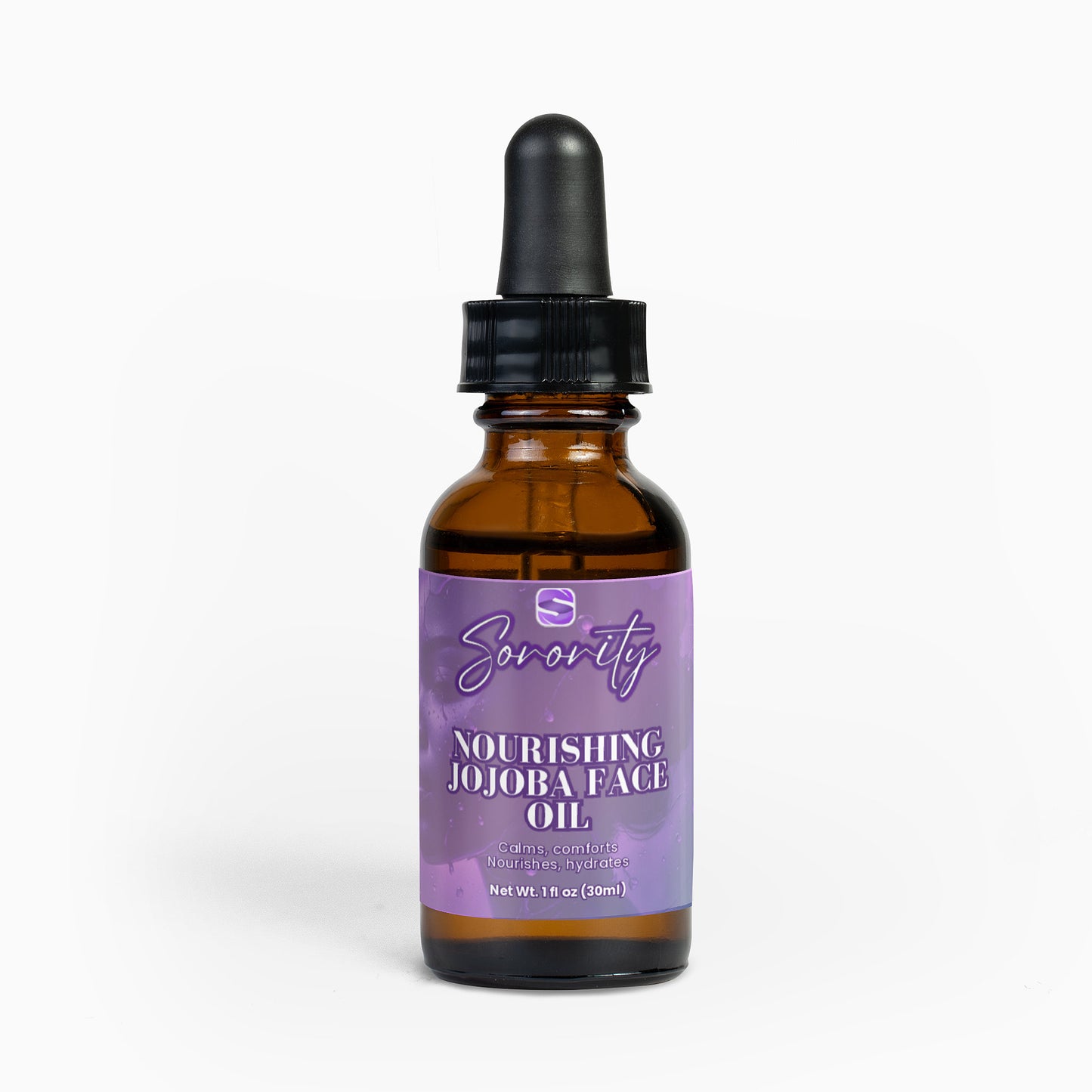
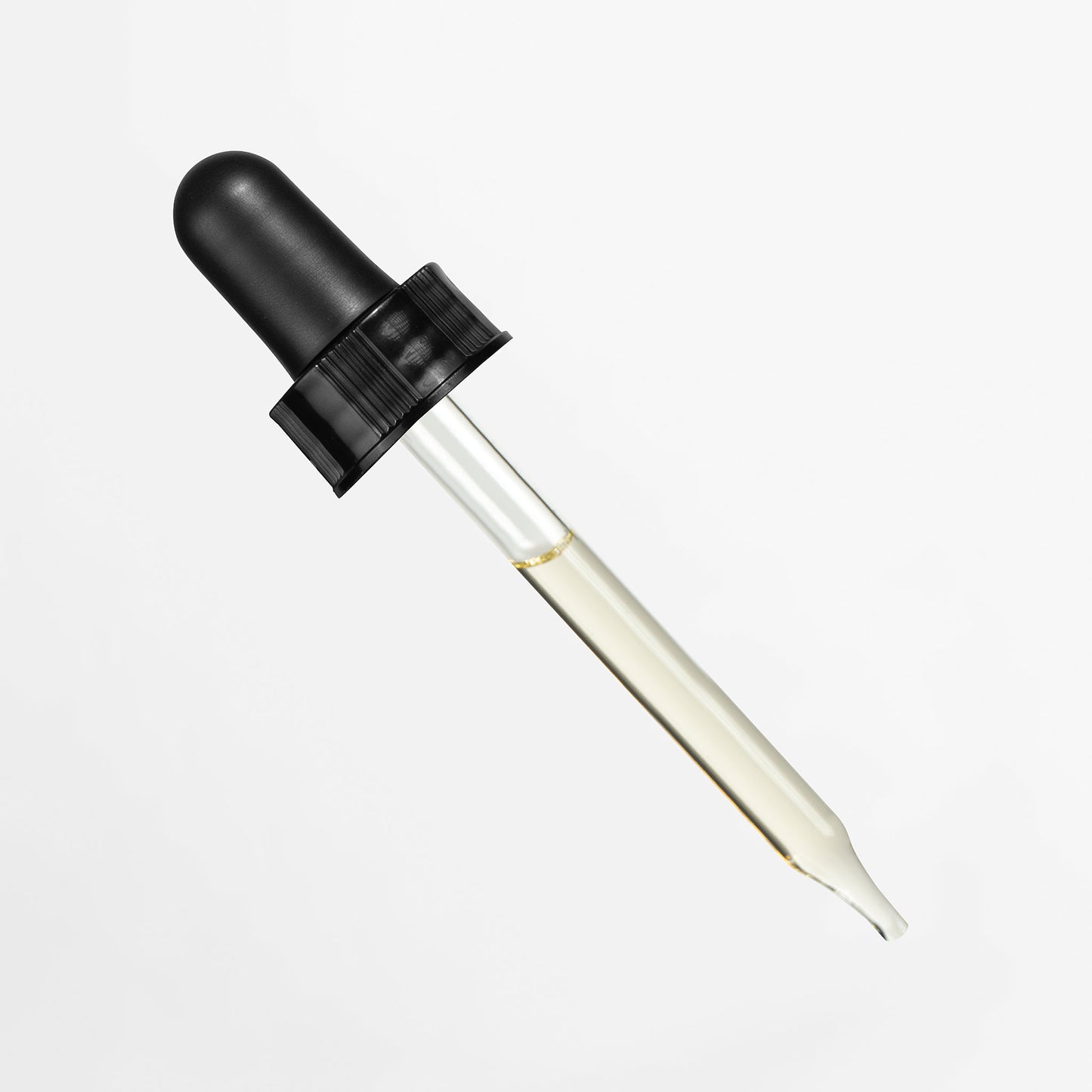
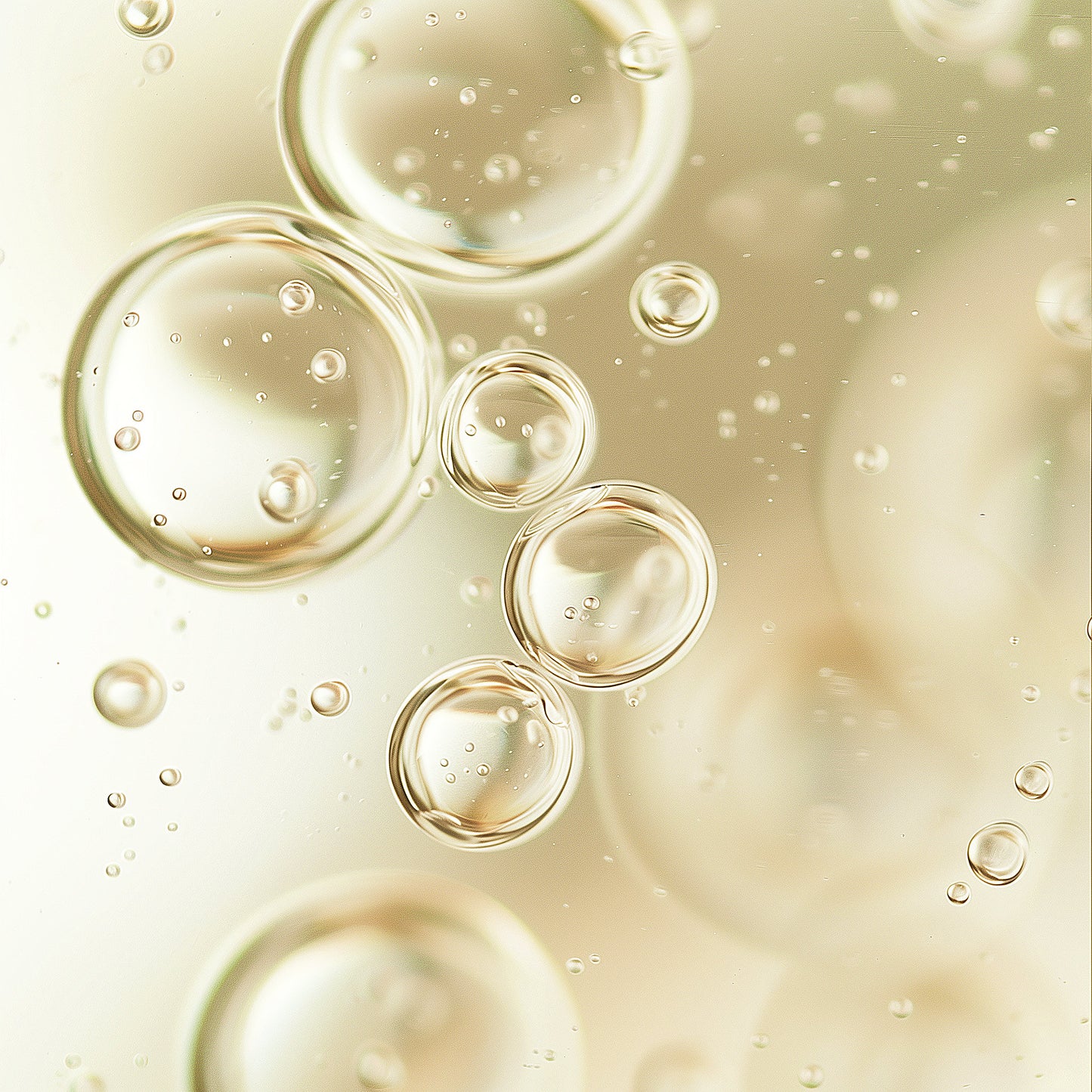
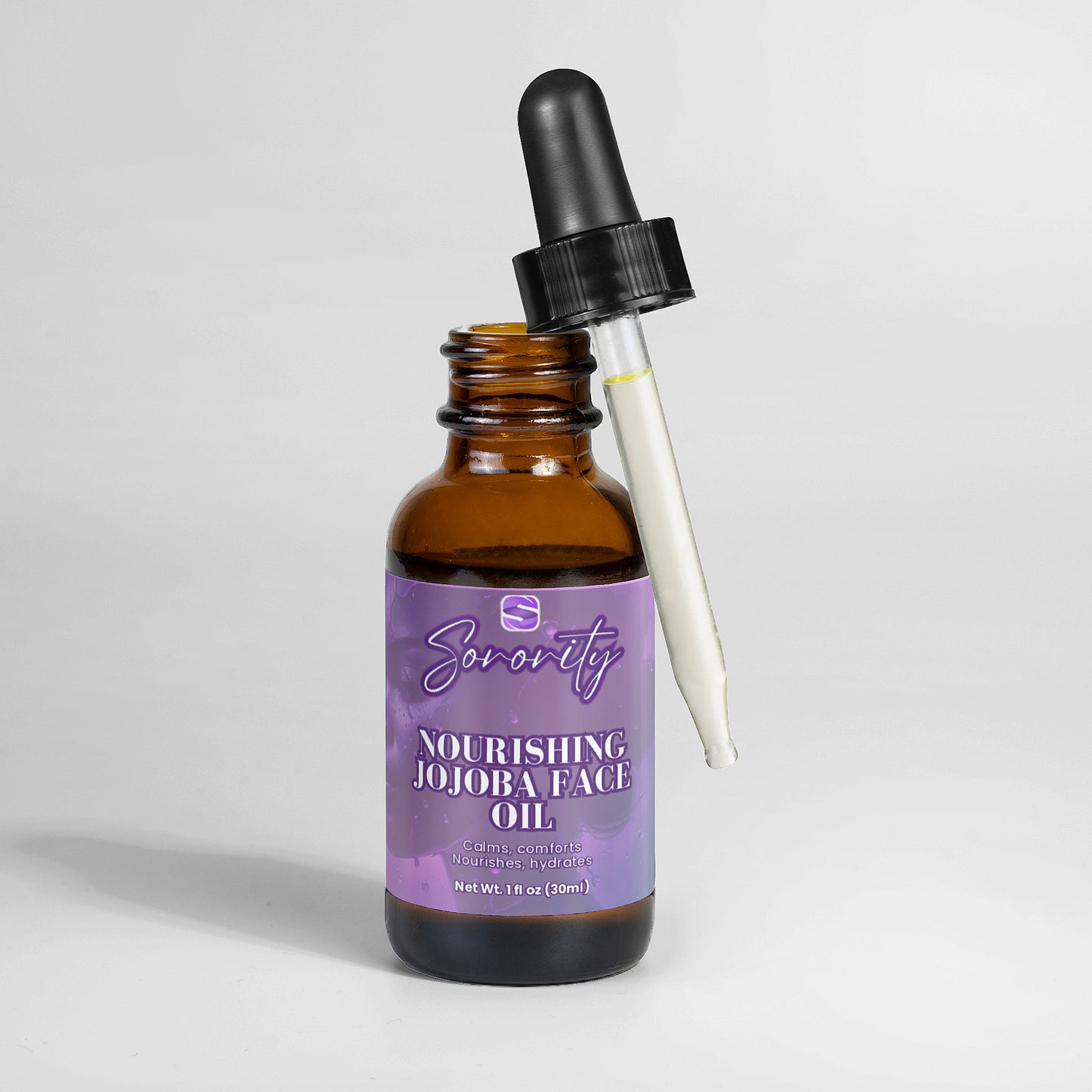
Frequently Asked Questions
What are the benefits of jojoba oil for skin?
Jojoba oil acts like your skin's natural sebum, providing deep moisture without blocking pores. It's rich in antioxidants and vitamins that fight free radicals, reduce inflammation, and promote healing. This makes it great for calming dry, irritated areas or balancing oily zones. Science shows it can improve elasticity and soothe conditions like eczema. Healthline notes its antibacterial properties help with acne too. Overall, it supports healthier, glowing skin through daily use.
How do I use jojoba oil on my face?
Start with clean skin, then apply 2-3 drops, gently massaging in circles. Use it morning or evening, or mix with your moisturizer for extra hydration. It absorbs quickly, leaving no residue. Research highlights its similarity to human sebum, making it ideal for all types. WebMD suggests patching test first to avoid rare irritation. This simple step can enhance your routine, keeping skin soft and balanced.
Is jojoba oil good for acne?
Yes, its non-comedogenic nature means it won't clog pores, and it regulates oil production to prevent breakouts. Antibacterial elements fight acne-causing germs, while anti-inflammatory traits reduce redness. Studies indicate it dissolves buildup in follicles. Verywell Health explains it may clear mild acne over time. It's a gentle option for blemish-prone skin, promoting clarity without harsh chemicals.
Does jojoba oil help with wrinkles?
Jojoba oil's antioxidants, like vitamin E, combat oxidative stress that leads to fine lines. It boosts collagen and elasticity for firmer skin. Hydration from its wax esters plumps up dryness, smoothing appearance. Cleveland Clinic points out its role in anti-aging by mimicking sebum. Regular use can soften wrinkles, but pair with sunscreen for best results.
Is jojoba oil safe for sensitive skin?
Absolutely, it's hypoallergenic and mimics natural skin oils, reducing irritation risks. Anti-inflammatory compounds soothe redness and flare-ups. Tests show low allergy rates, making it suitable for eczema or psoriasis. PMC Study confirms its gentle profile. Always patch test, but it's often recommended for delicate skin types seeking calm.


